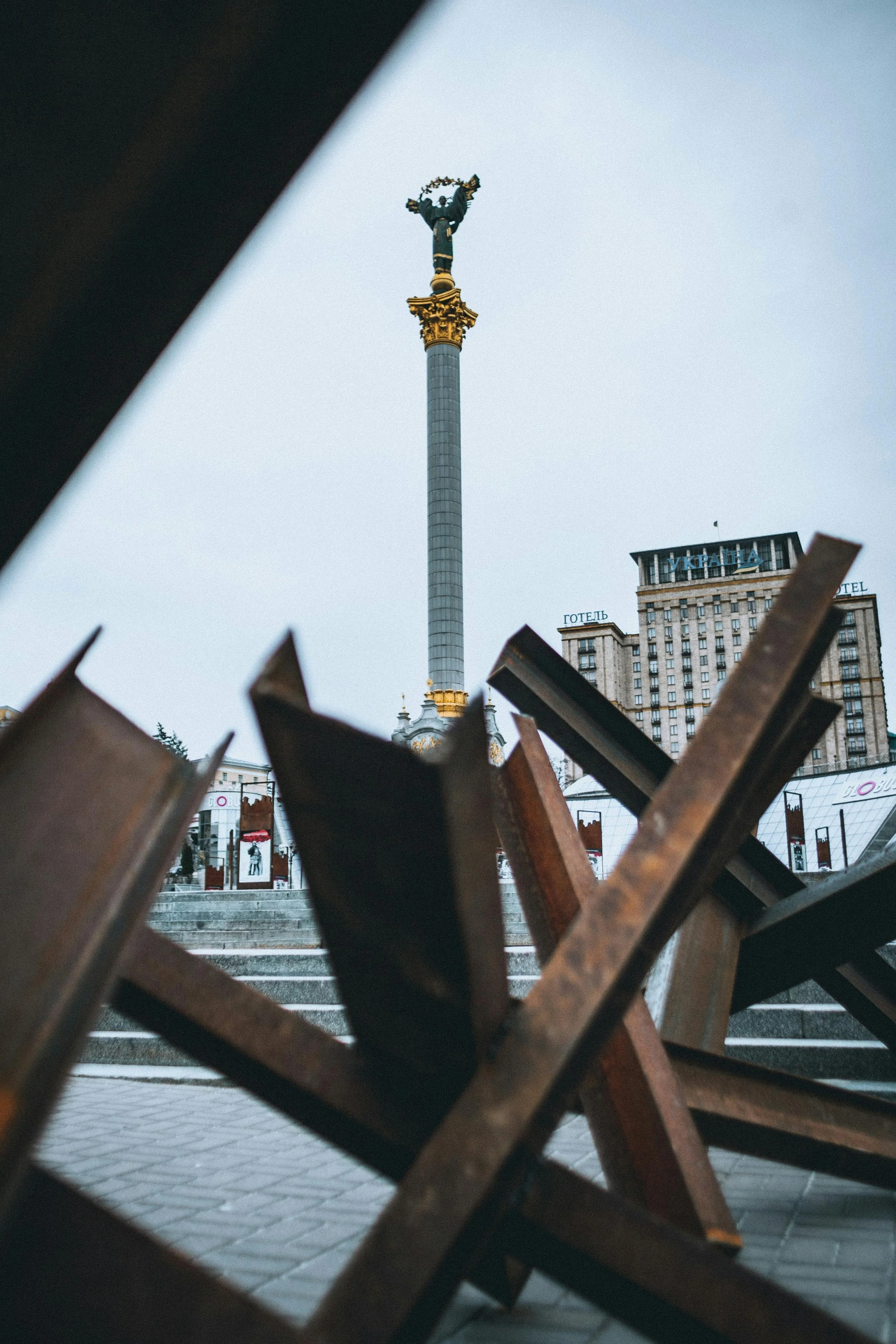With the European Union deciding on whether to open accession negotiations with Bosnia and Herzegovina in May, a sense of optimism has been detectable among politicians in both Brussels and Sarajevo.
BEIRATSVORSITZENDER UNIV.-PROF. DR. HEINZ GÄRTNER IM INTERVIEW MIT WATSON
Carlo Masala: Warum die Welt keinen Frieden findet
Heinz Gärtner: Gewaltverzicht durch Vereinte Nationen (UNO) anstelle von Vergeltung
Israel hätte als demokratischer Staat die Möglichkeit, von einem weiteren Vergeltungsschlag auf den Iran abzusehen. Eine UN-Sicherheitsresolution nach dem Vorbild der Resolution (598) über Gewaltverzicht und regionale Stabilität nach dem Irak-Iran Krieg in den achtziger Jahren wären die geeignete Antwort. (Heinz Gärtner, Oe24)
PULS4: Pro und Contra: Ist ein israelischer Gegenschlag alternativlos?
Heinz Gärtner: Der UN Sicherheitsrat sollte eine Resolution verabschieden, die Besorgnis sowohl über den Angriff Israels auf das iranische Konsulat in Damaskus als auch über den Angriff des Iran auf Israel ausdrückt. Der Iran sollte Israel gemeinsam mit den arabischen Staaten auf der Basis des arabischen Friedensplanes von 2002 in den Grenzen von 1967 anerkennen.
Beiratsvorsitzender Univ.-Prof. Dr. Heinz Gärtner im Interview mit watson
Gespräch und Buchvorstellung mit Gerhard Mangott: Russland, Ukraine und die Zukunft
The latest news from the European Council | Prof. Dr. Heinz Gärtner
The chair of our Advisory Board, Prof. Dr Heinz Gärtner, gave an interview on TVP world.
Two years of war against Ukraine: Remembering the preciousness and fragility of human life
The Armenia-Azerbaijan Conflict After Baku’s Takeover of Nagorno-Karabakh: What’s Next?
What does the new reality in Nagorno-Karabakh mean for the future of the conflict and the South Caucasus region? Is further military escalation still possible? What role do external powers, such as Russia, Turkey, and the EU, play in this conflict and the South Caucasus region more broadly? What is the situation of Karabakh Armenians today? Why are the violent means of taking control over Nagorno-Karabakh perceived as restoring justice in Azerbaijan? Are there any prospects for a genuine dialogue between the conflicting parties? Can the EU play a role in supporting efforts towards a sustainable solution and preventing further violence? This panel of eminent experts will attempt to answer these and many other questions surrounding the deep-rooted conflict in this part of the European neighborhood.










